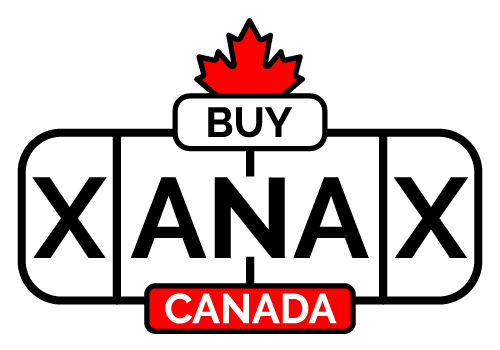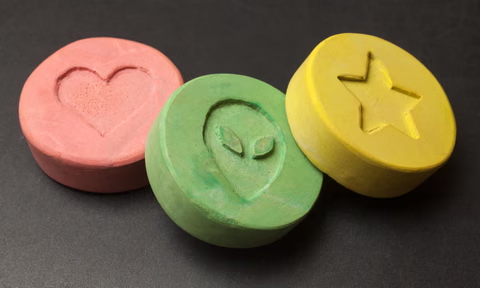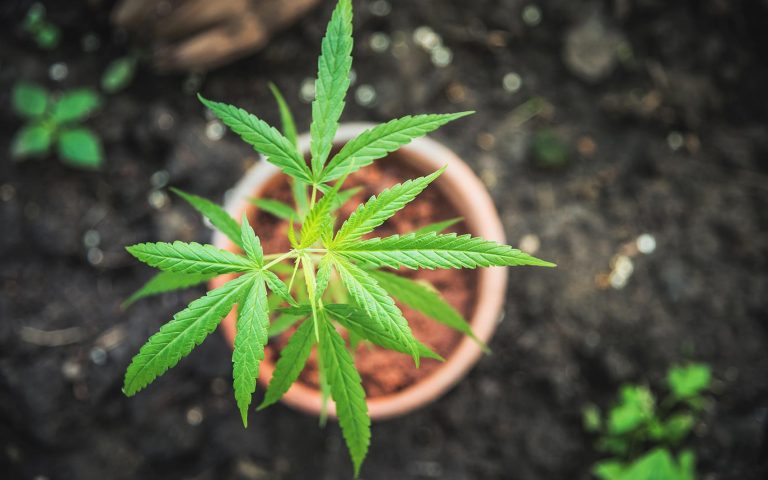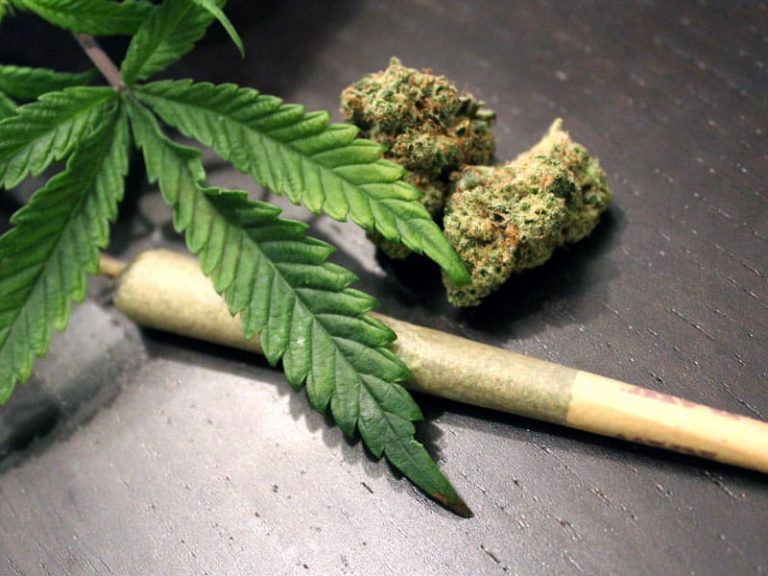When most people think of THC, the psychoactive compound in cannabis, they imagine relaxation, altered perception, or creativity — not necessarily improved brain function. Yet in recent years, conversations around nootropics (substances that support or enhance cognitive performance) have expanded to include cannabis. Could THC really belong in the same category as caffeine, ginkgo biloba, or L-theanine? Or is this simply wishful thinking fueled by anecdotal experiences?
What Makes a Nootropic?
A nootropic is generally defined as a substance that can improve one or more areas of mental performance — such as memory, focus, creativity, or motivation — without causing significant harm. Many nootropics work by enhancing blood flow to the brain, increasing neurotransmitter activity, or supporting long-term brain health.
THC is not traditionally seen as a nootropic because its effects can vary widely depending on dose, strain, and individual tolerance. While some users report sharper focus, improved pattern recognition, and creative insights, others experience slowed reaction times, short-term memory issues, or fatigue. This dual nature makes THC an unusual candidate for cognitive enhancement.
THC and Creative Thinking
One area where THC has gained a reputation is creativity. Some studies and countless personal accounts suggest that cannabis can encourage divergent thinking — the ability to generate many possible solutions to a problem. This might be linked to THC’s effect on the brain’s default mode network (DMN), which is active during daydreaming and idea association.
By disrupting habitual thinking patterns, THC may allow for more novel connections between ideas. Artists, writers, and musicians have long described moments of inspiration under the influence of cannabis. However, these creative boosts often come with a caveat: too much THC can lead to distraction or scattered thoughts.
Focus and Flow States
Contrary to its stereotype as a mind-wandering substance, THC in low to moderate doses might help certain people enter a “flow state” — that sweet spot of total immersion in a task. Microdosing THC (taking very small amounts that are barely psychoactive) may reduce mental noise and help maintain focus, particularly on repetitive or creative work.
This aligns with how other nootropics, like low doses of nicotine or adaptogens, work: they don’t create focus directly, but they help balance brain chemistry so that concentration comes more naturally.
Memory and Learning — The Double-Edged Sword
The biggest criticism of THC as a nootropic comes from its well-known effects on short-term memory. Research shows that high doses of THC can temporarily impair the hippocampus, the brain’s memory hub, making it harder to retain new information.
However, early studies also suggest THC might have neuroprotective qualities when used sparingly. In animal models, low doses of THC have been linked to reduced brain inflammation and even the growth of new neurons — factors that could support learning and memory over the long term. The key seems to be low dosing and avoiding heavy, daily use.
Mood, Motivation, and Emotional Regulation
Cognitive performance isn’t just about IQ or memory — it’s also about how well we manage stress, motivation, and emotional states. THC’s interaction with the endocannabinoid system can help regulate mood and reduce anxiety in some individuals, which indirectly supports mental clarity.
For example, someone who experiences social anxiety might perform better in collaborative or public-speaking situations with a small amount of THC in their system. Similarly, lowering stress before tackling a complex task can free up mental resources for problem-solving.
The Role of CBD in Cognitive Support
While THC gets most of the attention, pairing it with CBD may enhance its nootropic potential. CBD can reduce THC’s anxiety-inducing side effects while offering its own neuroprotective benefits. Many cannabis users report that CBD-rich strains or products allow for clearer thinking compared to high-THC options.
Risks and Limitations
Despite these potential benefits, THC is not without risks. Overuse can lead to dependence, reduced motivation, and chronic memory issues. Its cognitive-enhancing effects seem to depend heavily on dose, frequency, and context. What works for one person could have the opposite effect for another.
For those considering THC as a nootropic, self-experimentation should be cautious and deliberate:
- Start with a very low dose (1–2 mg for edibles, or one small inhalation).
- Choose a strain or product known for clarity and energy rather than sedation.
- Track performance and mood over time to determine if it’s truly beneficial.
The Bottom Line
THC may not be a conventional nootropic, but under the right conditions, it could play a role in cognitive enhancement — especially for creativity, mood regulation, and entering flow states. The key lies in low, intentional dosing and mindful use. Paired with other brain-supportive habits like good sleep, proper nutrition, and regular mental challenges, THC could be more than just a recreational tool; it might be part of a personalized approach to mental performance.
In the end, cannabis won’t replace traditional nootropics, but it may offer a unique and complementary path toward thinking differently — which, in some cases, is the ultimate cognitive advantage.



